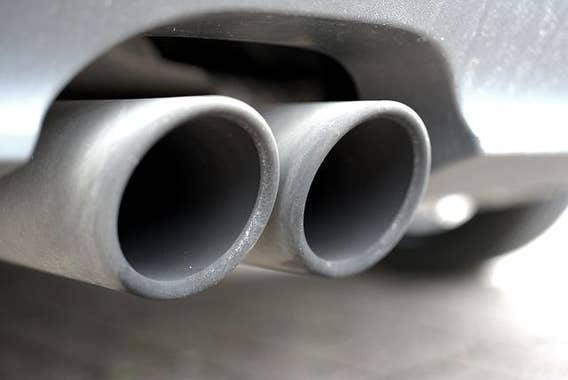Real-world CO2 emissions of cars are 20% higher than indicated. For plug-in hybrids they are 250% higher.
EDIT clarifications:
- the article is from the European Commission. This thing comes from a serious study based on hard facts and data.
- Check this comment by @wooster, who reported the data.
- Note that plugin hybrids are still better than pure ice, but they were expected to be much better.
It’s not a typo: plug-in hybrids are used, in real word cases, with ICE much more than anticipated.
In the EU, fuel consumption monitoring devices are required on new cars. They studied over 10% of all cars sold in 2021 and turns out they use way more fuel, and generate way more CO2, than anybody thought.
The gap means that CO2 emissions reduction objectives from transport will be more difficult to reach.
Thruth is, we need less cars, not “better” cars.















Add comment